All Courses
All Courses
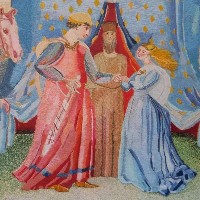
Course • History • 5 lectures
Migration – The English Invasion of Ireland, 1169-1210
Dr Colin Veach, Hull University 5 Lessons
5 Lessons
Migration – The English Invasion of Ireland, 1169-1210
Dr Colin VeachHull University
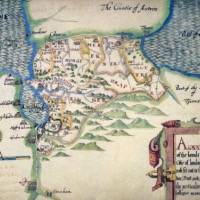
Course • History • 5 lectures
Migration – The Plantation of Ulster, 1593-1643
Dr Ruth Canning, Liverpool Hope University 5 Lessons
5 Lessons
Migration – The Plantation of Ulster, 1593-1643
Dr Ruth CanningLiverpool Hope University
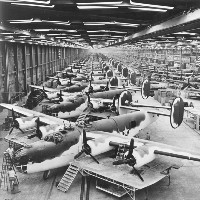
Course • English Literature • 15 lectures
Miller: All My Sons
Prof. John McRae, Nottingham University 15 Lessons
15 Lessons
Miller: All My Sons
Prof. John McRaeNottingham University
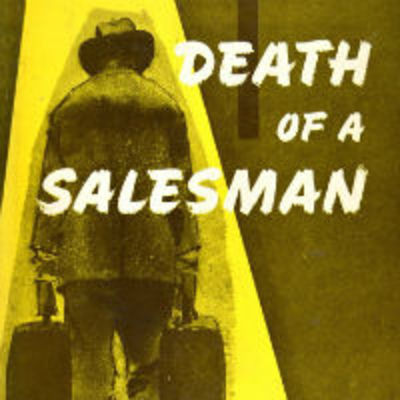
Course • English Literature • 6 lectures
Miller: Death of a Salesman
Prof. Grace Ioppolo, Reading University 6 Lessons
6 Lessons
Miller: Death of a Salesman
Prof. Grace IoppoloReading University
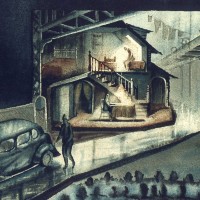
Course • English Literature • 19 lectures
Miller: Death of a Salesman
Prof. John McRae, Nottingham University 19 Lessons
19 Lessons
Miller: Death of a Salesman
Prof. John McRaeNottingham University
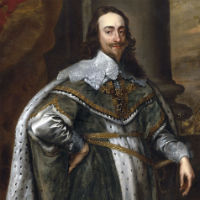
Course • History • English Literature • 9 lectures
Milton and the English Civil War: Charles I
Prof. Diane Purkiss, University of Oxford 9 Lessons
9 Lessons
Milton and the English Civil War: Charles I
Prof. Diane PurkissUniversity of Oxford
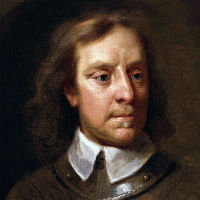
Course • History • English Literature • 8 lectures
Milton and the English Civil War: Cromwell
Prof. Diane Purkiss, University of Oxford 8 Lessons
8 Lessons
Milton and the English Civil War: Cromwell
Prof. Diane PurkissUniversity of Oxford
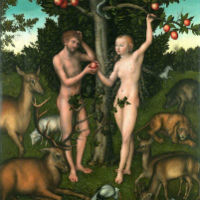
Course • English Literature • 5 lectures
Milton: Paradise Lost: Books 9-10
Prof. Karen Edwards, Exeter University 5 Lessons
5 Lessons
Milton: Paradise Lost: Books 9-10
Prof. Karen EdwardsExeter University
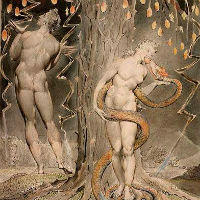
Course • English Literature • 24 lectures
Milton: Paradise Lost: Religious and Literary Background
Dr Edmund White, University of Oxford 24 Lessons
24 Lessons
Milton: Paradise Lost: Religious and Literary Background
Dr Edmund WhiteUniversity of Oxford
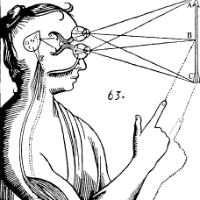
Course • Philosophy & Religious Studies • 6 lectures
Mind-Body Dualism
Dr Cressida Gaukroger, UCL 6 Lessons
6 Lessons
Mind-Body Dualism
Dr Cressida GaukrogerUCL
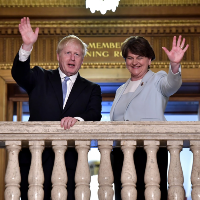
Course • Government & Politics • 6 lectures
Minor Parties
Dr Louise Thompson, Manchester University 6 Lessons
6 Lessons
Minor Parties
Dr Louise ThompsonManchester University
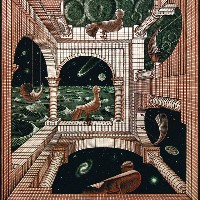
Course • Philosophy & Religious Studies • 7 lectures
Miracles – Philosophical Perspectives
Dr Arif Ahmed, University of Cambridge 7 Lessons
7 Lessons
Miracles – Philosophical Perspectives
Dr Arif AhmedUniversity of Cambridge
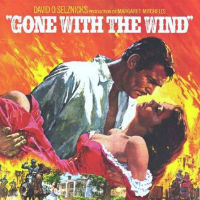
Course • English Literature • 7 lectures
Mitchell: Gone with the Wind
Prof. Helen Taylor, Exeter University 7 Lessons
7 Lessons
Mitchell: Gone with the Wind
Prof. Helen TaylorExeter University
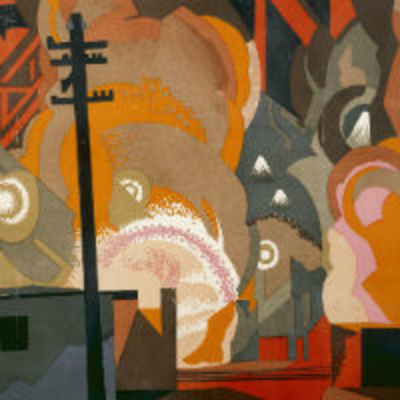
Course • English Literature • 5 lectures
Modernism: 1. Context
Prof. Max Saunders, King's College London 5 Lessons
5 Lessons
Modernism: 1. Context
Prof. Max SaundersKing's College London

Course • English Literature • 5 lectures
Modernism: 2. Literature
Prof. Max Saunders, King's College London 5 Lessons
5 Lessons
Modernism: 2. Literature
Prof. Max SaundersKing's College London
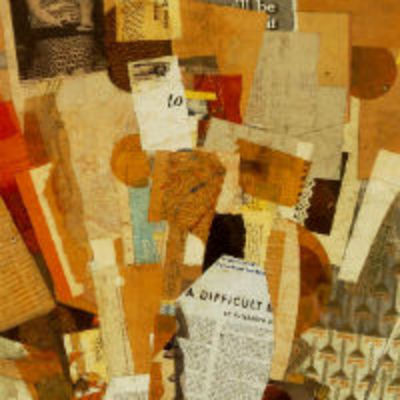
Course • English Literature • 5 lectures
Modernism: 3. Critical Perspectives
Prof. Max Saunders, King's College London 5 Lessons
5 Lessons
Modernism: 3. Critical Perspectives
Prof. Max SaundersKing's College London

Course • Sociology • 5 lectures
Modernity and Postmodernity
Dr Ross Abbinnett, Birmingham University 5 Lessons
5 Lessons
Modernity and Postmodernity
Dr Ross AbbinnettBirmingham University
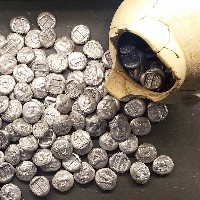
Course • Classics & Ancient History • 6 lectures
Money in Ancient Greece
Prof. Richard Seaford, Exeter University 6 Lessons
6 Lessons
Money in Ancient Greece
Prof. Richard SeafordExeter University
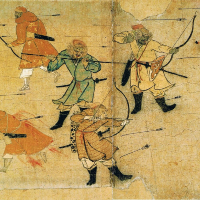
Course • History • 3 lectures
Mongols – The Decline and Fragmentation of the Mongol Empire, 1256-99
Dr Nicholas Morton, Nottingham Trent University 3 Lessons
3 Lessons
Mongols – The Decline and Fragmentation of the Mongol Empire, 1256-99
Dr Nicholas MortonNottingham Trent University
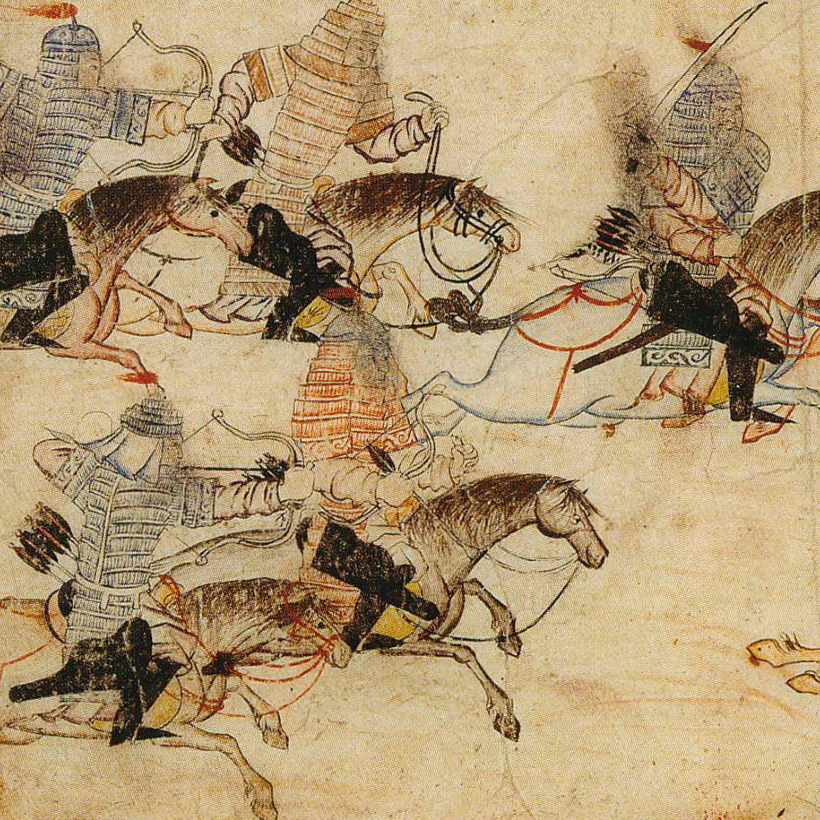
Course • History • 3 lectures
Mongols – The Early Rise of the Mongol Empire, 1167-1243
Dr Nicholas Morton, Nottingham Trent University 3 Lessons
3 Lessons
Mongols – The Early Rise of the Mongol Empire, 1167-1243
Dr Nicholas MortonNottingham Trent University
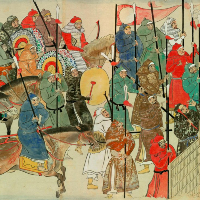
Course • History • 2 lectures
Mongols – The Expansion of the Mongol Empire, 1218-60
Dr Nicholas Morton, Nottingham Trent University 2 Lessons
2 Lessons
Mongols – The Expansion of the Mongol Empire, 1218-60
Dr Nicholas MortonNottingham Trent University

Course • English Literature • 6 lectures
Morrison: Beloved
Prof. Gina Wisker, Brighton University 6 Lessons
6 Lessons
Morrison: Beloved
Prof. Gina WiskerBrighton University

Course • Government & Politics • 3 lectures
Multiculturalism
Prof. Tariq Modood, Bristol University 3 Lessons
3 Lessons
Multiculturalism
Prof. Tariq ModoodBristol University

Course • English Language • 9 lectures
Multimodality
Dr Agnieszka Lyons, QMUL 9 Lessons
9 Lessons
Multimodality
Dr Agnieszka LyonsQMUL

Course • Biology • 6 lectures
Muscle Physiology
Prof. Jon Scott, Independent Scholar 6 Lessons
6 Lessons
Muscle Physiology
Prof. Jon ScottIndependent Scholar

Course • English Language • 6 lectures
Narrative
Dr Marcello Giovanelli, Aston University 6 Lessons
6 Lessons
Narrative
Dr Marcello GiovanelliAston University
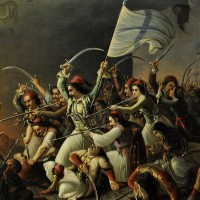
Course • Government & Politics • 6 lectures
Nationalism
Prof. Eric Kaufmann, Birkbeck College, London 6 Lessons
6 Lessons
Nationalism
Prof. Eric KaufmannBirkbeck College, London
